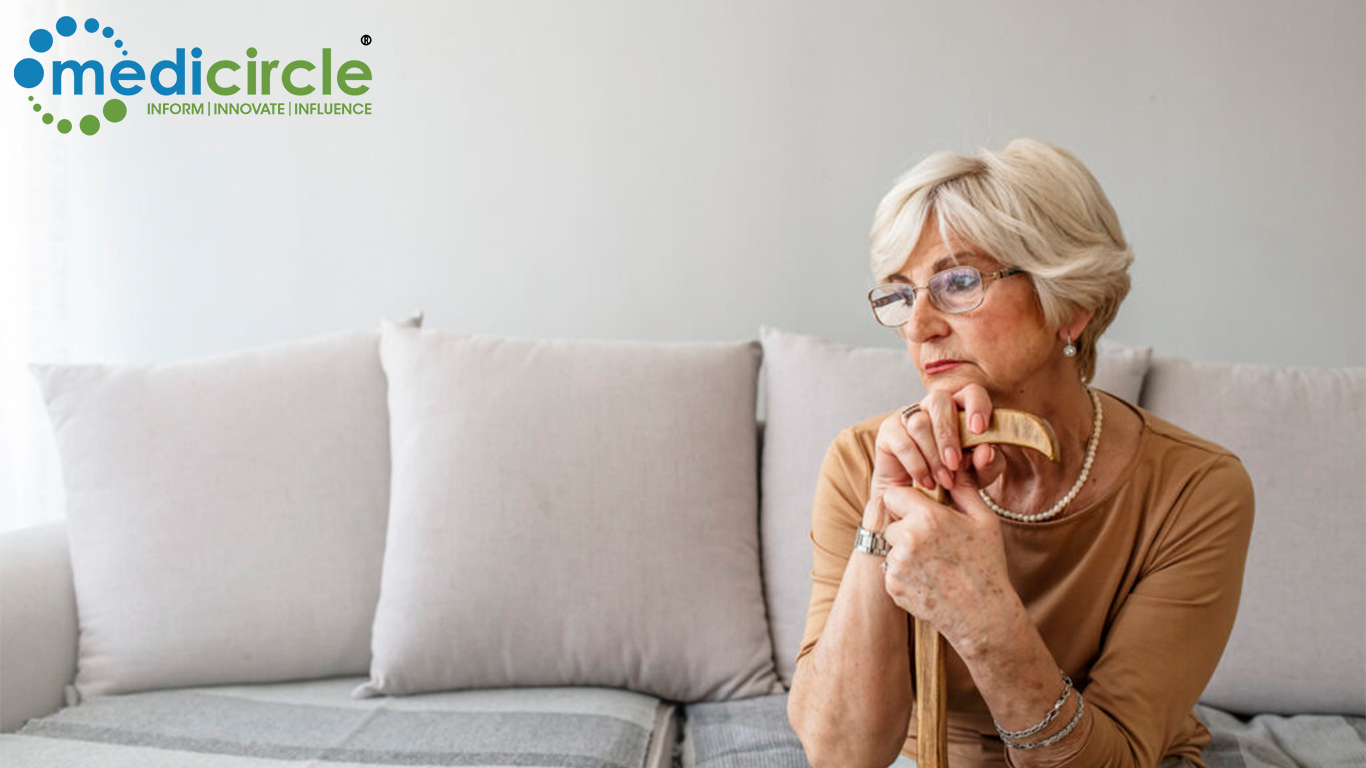A UCLA-led study has raised important concerns about the impact of chemotherapy on older women with high-risk breast cancer. The research, published in the Journal of Cancer Survivorship, found that women aged 65 and older who undergo chemotherapy for early-stage breast cancer are more likely to experience a significant decline in physical function compared to their peers who do not receive chemotherapy and those without cancer.
Key Findings of the Study: The study is the first to compare the functional decline in older adults with early-stage breast cancer who receive chemotherapy against those who do not, as well as age-matched women without cancer. Here are some key takeaways from the research:
1. Substantial Decline in Physical Function:
- Over 30% of older women who received chemotherapy reported a significant decline in their ability to perform daily activities, such as walking or climbing stairs.
- In contrast, only 8% of women with breast cancer who did not undergo chemotherapy and 5% of women without cancer experienced a similar decline.
2. Accelerated Aging:
- The study suggests that the combination of high-risk breast cancer and chemotherapy accelerates the aging process in older women.
- This accelerated aging can severely impact their quality of life, independence, and overall lifespan.
3. Activities Most Affected:
- The activities most adversely affected by chemotherapy were climbing several stairs (75.7%), walking one mile (73.0%), and engaging in moderate activity (68.6%).
Understanding the Impact: The study involved 444 women with early-stage breast cancer who received chemotherapy, 98 women with early-stage breast cancer who did not receive chemotherapy, and 100 age-matched women without cancer. Participants were evaluated twice: once at the beginning of the study and again within 30 days of completing chemotherapy or at equivalent time points for the other groups. The evaluations included questionnaires on demographics, health status, and a comprehensive geriatric assessment.
Dr. Mina Sedrak, the first author of the study and associate professor of medicine at the David Geffen School of Medicine at UCLA, emphasized the importance of these findings. He noted that while it was known that chemotherapy could lead to a decline in physical function in breast cancer survivors, this study clarified that the decline is more pronounced when comparing those undergoing chemotherapy to those who are not and to women without cancer.
Need for Interventions: The findings highlight the urgent need for developing strategies to preserve physical function in older women undergoing cancer treatment. Dr. Sedrak stressed that physical function is crucial for maintaining independence, mobility, and overall quality of life. The study’s results highlight the necessity of interventions that can help maintain physical function before, during, and after cancer treatment.
The research team is now focusing on understanding the biological mechanisms behind the interaction between cancer treatment and aging processes. They are particularly interested in cellular senescence and identifying potential drug targets that could reverse these aging processes. This research could lead the way for new treatments that mitigate the side effects of chemotherapy and improve the quality of life for older breast cancer patients.
Practical Implications for Patients and Caregivers: For older women facing a breast cancer diagnosis, these findings provide critical information for making informed treatment decisions. Here are some practical steps patients and caregivers can take:
1. Discuss Treatment Options:
- Patients should have thorough discussions with their healthcare providers about the potential risks and benefits of chemotherapy, considering their age and overall health.
- Exploring alternative treatments or adjunct therapies that might reduce the risk of physical decline could be beneficial.
2. Monitor Physical Function:
- Regular monitoring of physical function can help detect early signs of decline. Healthcare providers can recommend physical therapy or exercise programs tailored to the patient’s needs.
- Engaging in regular physical activity, as advised by a healthcare professional, can help maintain strength and mobility.
3. Nutritional Support:
- A balanced diet rich in nutrients can support overall health and potentially mitigate some side effects of cancer treatment.
- Consulting with a nutritionist or dietitian can help develop a diet plan that supports physical function and overall well-being.
4. Emotional and Psychological Support:
- The psychological impact of cancer treatment and physical decline can be significant. Access to counselling or support groups can provide emotional support and coping strategies.
- Building a support network of family, friends, and healthcare providers is crucial for emotional and practical support.
The UCLA-led study provides valuable insights into the impact of chemotherapy on older women with breast cancer, emphasizing the need for early detection, preventive strategies, and comprehensive care plans. As the population of older breast cancer survivors is expected to grow, with more than 6 million by 2040, understanding and addressing the mechanisms of accelerated aging and functional decline becomes increasingly important.
By fostering collaborative research and implementing targeted interventions, we can improve the quality of life for older women battling breast cancer. This study is a crucial step towards achieving that goal, highlighting the need for ongoing research, patient education, and supportive care to ensure that aging women receive the best possible outcomes during and after their cancer treatment

 The Study found that women aged 65 and older who undergo chemotherapy for early-stage breast cancer are more likely to experience a significant decline in physical function compared to their peers who do not receive chemotherapy and those without cancer.
The Study found that women aged 65 and older who undergo chemotherapy for early-stage breast cancer are more likely to experience a significant decline in physical function compared to their peers who do not receive chemotherapy and those without cancer.










.jpeg)

.jpeg)
.jpeg)
.jpeg)


.jpg)


.jpeg)
.jpeg)


.jpeg)
.jpg)




